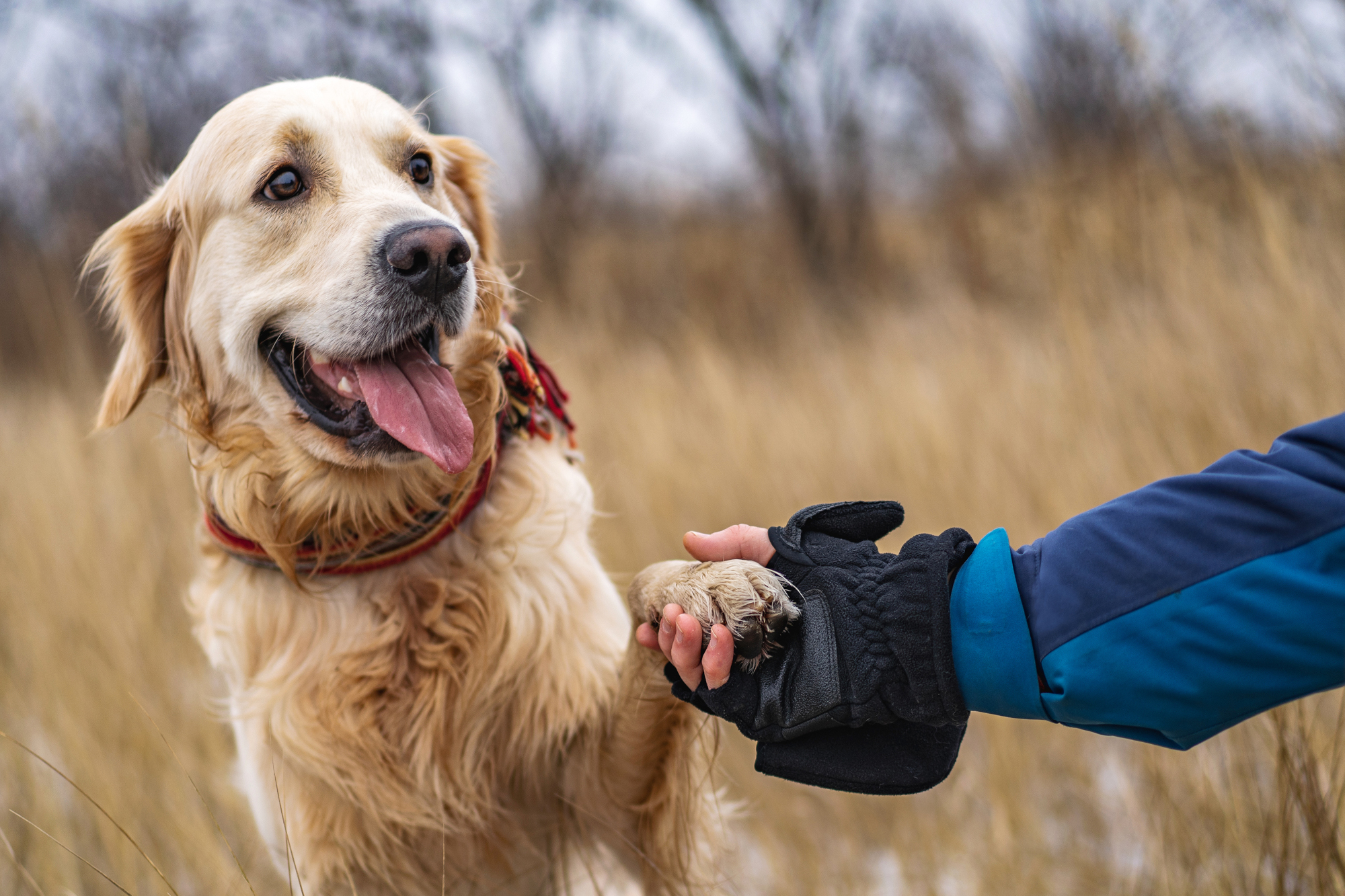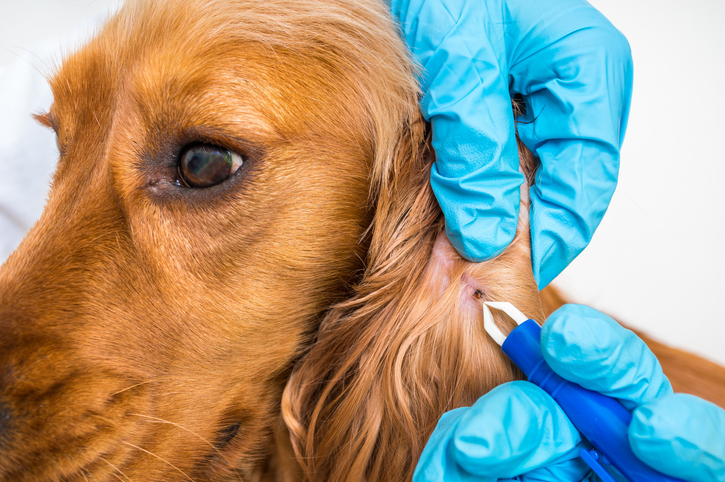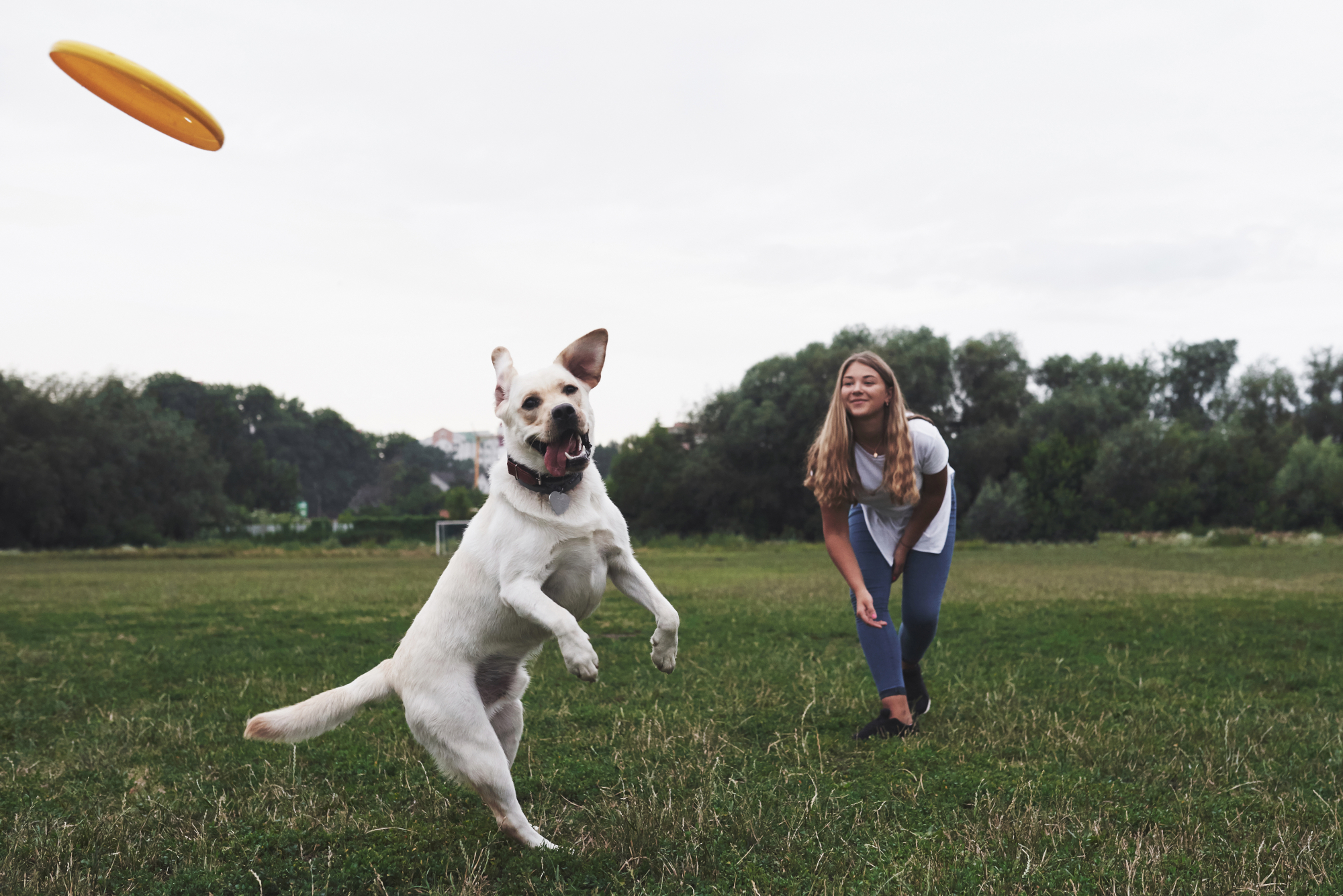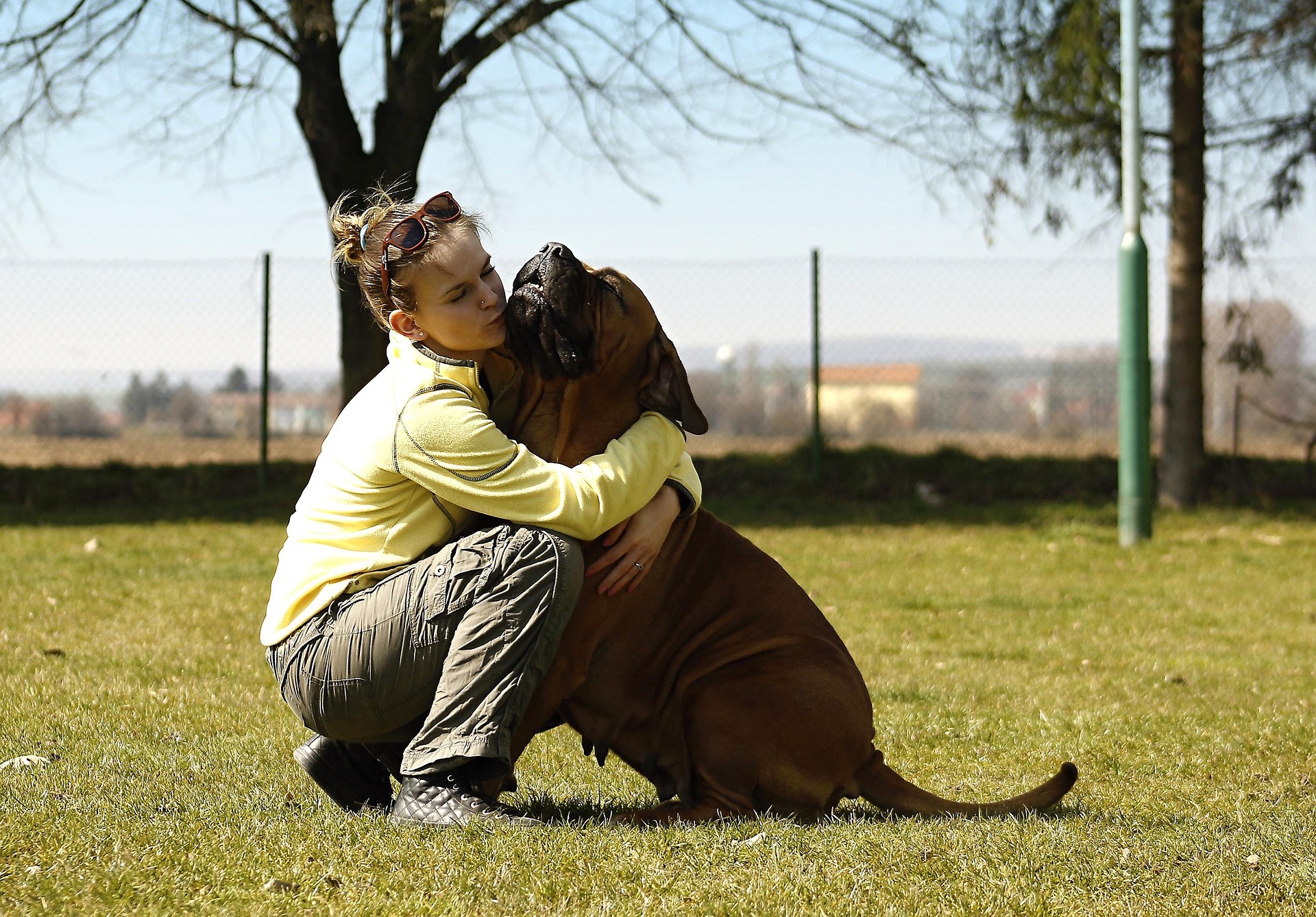Just like people, our pets need regular healthcare to stay in the best possible shape. Vet visits ensure your pet gets medicine when they’re sick, treatment when they’re injured, or regular check-ups to catch potential issues early. Unfortunately, many pets don’t quite understand the connection between vet visits and their health. As a lot of pet owners can attest to, these appointments can often be a huge source of stress for their furry friends.
To help your pet feel calmer at the vet, it’s important to start early on. In this guide, we’ll be sharing a few tips to help you keep your pet calm and as low-stress as possible before and during their vet visits. With these suggestions, you’ll be able to make veterinary appointments an easier, more relaxed affair for everyone involved.
Get Your Pet Used to Being Handled
A common stressor of vet visits for pets is being handled and touched by unfamiliar people. While some animals don’t mind being touched, others can be very particular and may become stressed out if they’re continuously handled.
Of course, your vet needs to touch and handle your pet in order to do a thorough examination. To help your pet feel more relaxed during this process, take some time to practice handling your pet regularly. Gently touch their ears, paws, and tail on a regular basis to help them get used to the feeling. This will help them be more at ease when the vet does the same thing.
Introduce Your Pet to Their Carrier Early and Regularly
For some pets, the carrier is a safe haven. However, others might not be accustomed to them, causing them confusion and stress when they’re transported to and from the veterinarian. To counteract this, try to get your pet used to their carrier early on. Consider leaving it open around the house with your pet’s favorite toys or blankets inside. This will encourage them to relax inside by choice, which will cause them less stress when you must place them inside of it.
Soothe Your Pet’s Anxiety Beforehand
Some pets are naturally more anxiety-prone than others. As their human, you probably know which strategies tend to soothe your pet the most. We suggest taking some time to do these relaxing routines in the hours leading up to your vet appointment.
For instance, you might use special pheromone sprays or vapours to help your pet relax. Some pets calm down when they hear certain music, while others are most comfortable when they wear special, weighted clothing. No matter what helps your pet, make sure that you also remain calm while you do it, as pets are known to mirror some of our emotions. Please note that essential oil diffusers may be toxic to your pet as they are intended for human use only.
Talk to Your Vet About Pre-Visit Pharmaceuticals (PVPs)
If your pet still gets severely anxious at the vet despite your best efforts, they might be a good candidate for pet-specific medications to help soothe them. Ask your veterinarian for suggestions on which pharmaceuticals might be helpful for your pet, and follow their directions carefully to ensure they get the full benefits during their appointment.
An important note about giving pharmaceuticals to pets: never give medications intended for people or different types of animals to your pet (e.g., giving cat medication to a dog, etc.). Always follow your veterinarian’s advice and discontinue use if you notice serious side effects.
How to Help Your Pet Stay Calm During a Vet Appointment
Once it’s time to go to the vet, there are still more strategies you can use to help your pet stay as relaxed as possible. Here are a few ideas:
Work with Your Veterinarian
If you have concerns about your pet’s stress levels at the vet, we strongly suggest communicating them to your veterinarian. By working together, you can come up with creative strategies to help make the visit a stress-free success, taking advantage of your vet’s knowledge of animals and your intimate understanding of your pet. This also helps you remain calm, which is equally important for making your pet feel relaxed.
Reward Your Pet
Positive reinforcement can be very effective in reducing stress in pets. Bring along your pet’s favourite treats, toys, or blankets, and make sure to give them lots of verbal praise and physical affection (when you can) during the vet appointment. And of course, make sure to give them another reward and lots of love once you’re back home.
Try to Visit During Quieter Times
If possible, try to schedule your vet appointments during their off-peak hours. Going first thing in the morning or after lunch can often prove to be less stressful for pets since there will be fewer people and animals in the clinic.
Make the Visit as Efficient as Possible
If your pet gets stressed out at the vet, one of the best things you can do for them is to make it as short as possible—while still getting them the care and attention they need. To help with this, make sure you arrive organized. You should have your pet’s necessary medical information (including past health conditions, medications, vaccinations, and so on) on hand and ready to provide to your vet.
Stay Calm!
Lastly, it’s vital that you yourself are calm and relaxed during your pet’s vet appointment. Many pets look to their owners for cues on how they should be feeling. If they see you visibly anxious because of their anxiety, it will only make matters worse. Practice keeping yourself as calm and confident as possible to help encourage your pet to relax while the vet works.
These tips are a helpful starting point for pet owners looking to help their furry friends stay calm and comfortable during vet appointments. However, as most pet owners know, everyone’s pet is unique. What calms one animal may exacerbate stress in another, which is why personalized care is so vital. If your pet is prone to anxiety and fear, there’s no replacement for the time and attention of an experienced veterinarian who genuinely cares for them.
Creative Commons Attribution: Permission is granted to repost this article in its entirety with credit to Hastings Veterinary Hospital and a clickable link back to this page.






